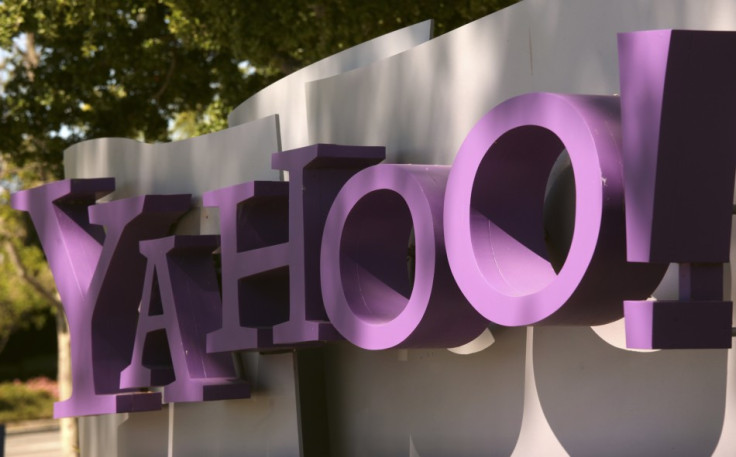Yahoo Subject to up to 13,000 US Data Requests in Six Months
Yahoo has joined Facebook, Microsoft and Apple in revealing the number of requests it has received for customer data from the US government over the past six months.

During the six months to 31 May, Yahoo received between 12,000 and 13,000 requests for data from US government and law enforcement agencies.
"The most common of these requests concerned fraud, homicides, kidnappings, and other criminal investigations," said Yahoo CEO Marissa Mayer and General Counsel Ron Bell in an official statement.
However the numbers published by Yahoo, Microsoft, Apple and Facebook are inclusive, aggregating requests from all US law enforcement agencies. They do not specify how many foreign intelligence (Fisa) requests were sent as part of the National Security Agency's (NSA's) Prism programme, a recently outed government initiative which allegedly gave the NSA direct access to data stored on the servers of nine of the largest US tech companies.
Google is yet to publish its own transparency report and is still negotiating with the US government to be allowed to specify Fisa requests separate from other data requests.
In its own report, Yahoo mirrored that sentiment:
"Like all companies, Yahoo! cannot lawfully break out Fisa request numbers at this time because those numbers are classified; however, we strongly urge the federal government to reconsider its stance on this issue."
A heavily redacted court order, recently discovered by The New York Times, shows that, in 2008, Yahoo refused to participate in the Prism programme, claiming it would breach the Fourth Amendment, which protects US citizens against unreasonable searches and seizures, demanding law enforcement provide a warrant before searching private property.
However, Yahoo's claim was overturned and it was forced to grant the NSA direct access to its servers.
The court ruling argued that the government's efforts "to protect national security should not be frustrated by the courts", adding that Yahoo's concern the programme would lead to unreasonable, unwarranted searches and seizures was "overblown."
Of the nine companies implicated in Prism scandal, YouTube, AOL, Google, Skype and instant messaging service PalTalk are yet to publish reports detailing US government data requests.
Edward Snowden, the whistle-blower who leaked details of the Prism program to The Washington Post and The Guardian, was the subject of an internet Q and A yesterday with Guardian readers.
"I pointed out where the NSA has hacked civilian infrastructure such as universities, hospitals, and private businesses because it is dangerous," Snowden said. "These nakedly, aggressively criminal acts are wrong, no matter the target."
© Copyright IBTimes 2025. All rights reserved.






















